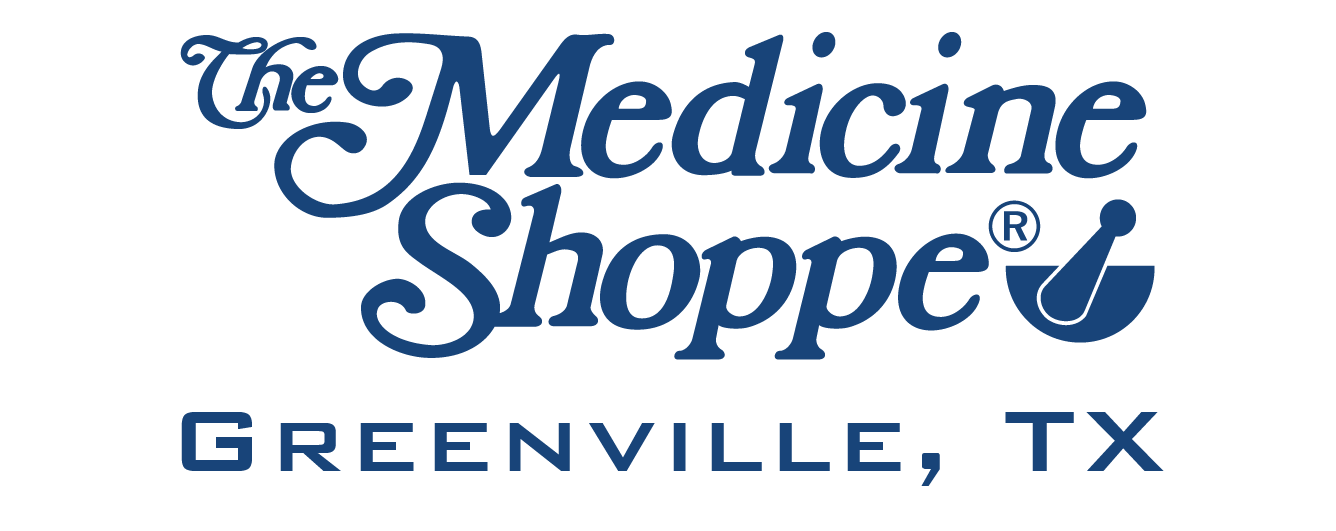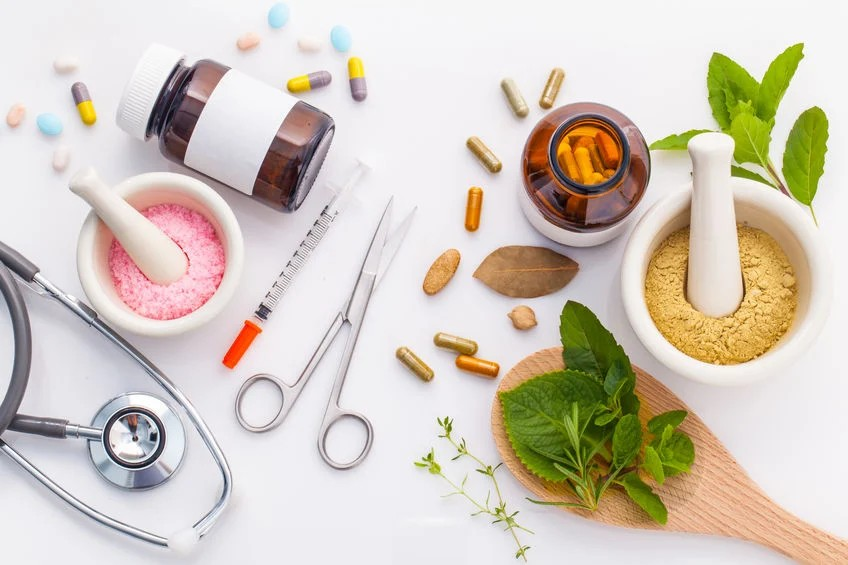Getting the right medication is crucial for treating any health condition effectively. Sometimes, standard medications don’t meet your specific needs due to dosage, form, or ingredients that might cause allergies. This is where compounded medications come in. They offer a customized solution designed just for you. But how do you go about getting these specialized medicines?
The process starts with consulting your doctor. Talking to your healthcare provider about your unique needs and asking whether compounded medicine could be a good option is essential. Your doctor can provide a prescription specifically tailored for compounded medication. This kind of personalized prescription addresses your health requirements more accurately than mass-produced drugs.
Once you have your prescription, the next step is finding a qualified compounding pharmacy. Not all pharmacies offer compounding services, so it’s important to do a bit of research to locate one that does. Finally, collaborating closely with your pharmacist ensures that the medication you receive is customized perfectly to your needs.
By following these steps, you can get a medication that’s designed with your specific health needs in mind, ensuring safer and more effective treatment. Let's dive into how to make this process as smooth and straightforward as possible.
Consult Your Doctor
The first step in getting compounded medicine is to have a detailed conversation with your doctor. Schedule an appointment and come prepared with all the questions and information about your unique health needs. Explain any issues you've had with standard medications, such as allergies, side effects, or difficulty swallowing pills. Your doctor should have a complete understanding of why you believe compounded medicine might be the best option for you.
During the consultation, discuss the specific conditions that make standard medications unsuitable for you. This could include topics like dosage requirements, ingredient sensitivities, or the need for a different form of the medication. Also, bring up any medical history that might influence your treatment plan. Your doctor can then evaluate whether compounded medication can effectively address your concerns.
Your healthcare provider will also review the benefits and risks associated with compounded medications. They may explain how these customized medications can be tailored precisely to your health needs. If both you and your doctor agree that this is the best route, they will then write a prescription for the compounded medication. This prescription will include detailed instructions for your pharmacist, ensuring you get the exact formulation you need.
Obtain a Prescription for Compounded Medicine
Getting a prescription for compounded medication is a straightforward process if you follow these steps:
1. Discuss with Your Doctor:
- Make sure your doctor understands your need for a compounded medication. Clearly explain any issues you’ve had with standard medications.
2. Provide Medical History:
- Share your medical history and highlight any allergies, sensitivities, or any other factors that may require a tailored medication.
3. Request a Prescription:
- Ask your doctor to write a prescription for a compounded medication. Ensure it includes all necessary details for the pharmacist, such as the specific ingredients, dosage, and form.
4. Obtain Written Instructions:
- Make sure you get the prescription with written instructions that the pharmacist can easily follow. This includes precise measurements and any special requirements.
5. Verify the Prescription:
- Double-check the prescription to make sure all your needs are addressed. If something is unclear, ask your doctor for more details.
Once you have the prescription in hand, you’re ready to move to the next step: finding a qualified compounding pharmacy. This prescription is the key to getting a medication that’s created just for you, so take your time during this process to ensure everything is accurately documented.
Find a Compounding Pharmacy
Once you have your prescription for compounded medicine, the next step is to find a compounding pharmacy. Not every pharmacy offers compounding services, so you'll need to locate one that specializes in this area. Start by asking your doctor for recommendations, as they might have a list of trusted compounding pharmacies they work with regularly.
You can also do a bit of research on your own. Look for pharmacies that are accredited by organizations such as the Pharmacy Compounding Accreditation Board (PCAB). This ensures they meet high standards for quality and safety. Reading online reviews and getting word-of-mouth recommendations from friends or family can also help you make an informed choice.
Once you've identified a potential pharmacy, consider visiting them in person. This allows you to ask questions directly and understand their process better. Ensure the pharmacy has experienced pharmacists who are knowledgeable about compounding. A qualified compounding pharmacy should openly communicate with you and your doctor to create the medication that best suits your needs.
Work with Your Pharmacist for Customization
After choosing a compounding pharmacy, the final step is to work closely with your pharmacist to customize your medication. This collaboration is crucial to get the exact formulation and dosage that meets your health needs.
1. Share Your Prescription:
- Provide the pharmacist with your doctor’s prescription, including all the specific details about dosage, ingredients, and form.
2. Discuss Your Needs:
- Have an open conversation with the pharmacist about your health concerns and preferences. Explain any allergies, past medication issues, or specific requirements you have.
3. Ask Questions:
- Don't hesitate to ask questions about the compounding process. Find out how the medication will be prepared and whether there are alternative options to consider.
4. Verify Ingredients:
- Make sure the ingredients used in the compounded medication are safe for you. Confirm that any allergens or unwanted additives are excluded.
5. Understand Usage:
- Ensure you understand how to use the compounded medication properly. Ask for clear instructions on storage, dosage, and administration.
6. Follow Up:
- Keep in touch with your pharmacist after you start using the medication. Report any side effects or concerns so adjustments can be made if necessary.
By working closely with your pharmacist, you can ensure your compounded medication is safe, effective, and tailored just for you.
Compounding Tailored to You
Compounded medicine offers a tailored solution when standard medications fall short. By consulting your doctor, obtaining a precise prescription, finding a reliable compounding pharmacy, and working closely with your pharmacist, you can create a medication that perfectly fits your unique health needs. This personalized approach not only addresses your specific health concerns but also enhances your overall treatment experience.
At Greenville Medicine Shoppe, we are dedicated to helping you achieve the best possible health outcomes with our customized compounding prescriptions. Visit us today to learn more about how we can meet your unique medical needs. Let’s work together to create a medication just for you!

